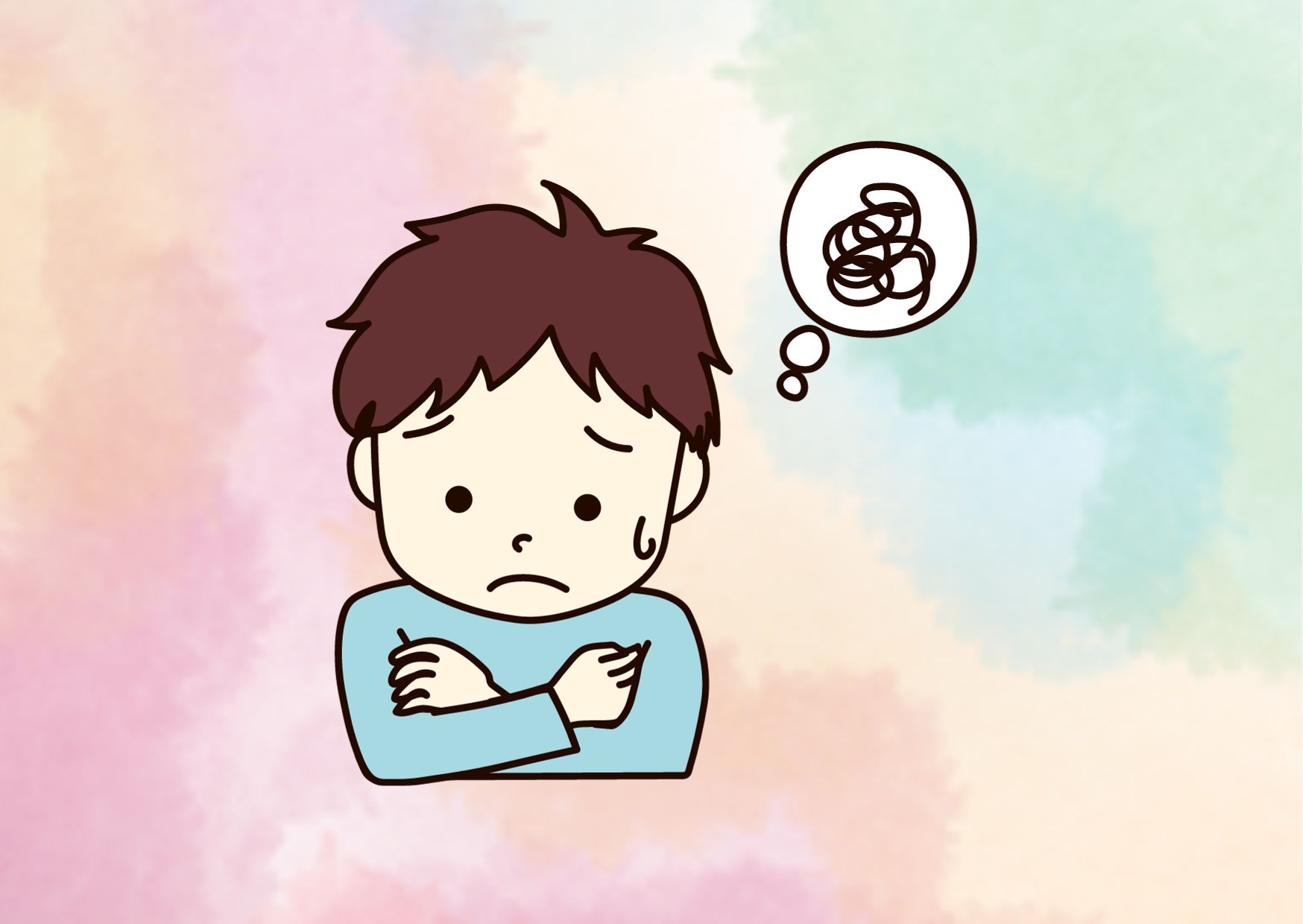7. Emotional Instability
Children with low self esteem may experience emotional instability, including frequent mood swings, sadness, anger, or irritability. They may struggle to regulate their emotions and may be more susceptible to stress and anxiety.
8. Physical Complaints
Low self esteem can manifest in physical complaints such as headaches, stomachaches, or other unexplained physical symptoms. These complaints may be a reflection of underlying emotional distress.
Causes of Low Self Esteem in Children
Understanding the underlying causes of low self-esteem in children can help parents and caregivers address the issue effectively. While each child’s experience is unique, several common factors contribute to low self-esteem:
1. Parental Influence and Environment
Parental influence plays a significant role in shaping a child’s self-esteem. Children who experience consistent support, love, and positive reinforcement from their parents are more likely to develop healthy self-esteem. Conversely, children who receive frequent criticism, neglect, or lack of emotional support may be at a higher risk of developing low self-esteem.
2. Social Comparisons and Peer Pressure
As children grow older, they naturally compare themselves to their peers. This social comparison can affect their self-perception and self esteem. Children who perceive themselves as falling short in comparison to their peers may experience low self esteem in children.
3. Academic Challenges and Performance Pressure
Academic challenges and performance pressure can significantly impact a child’s self-esteem. When children struggle academically or face high expectations from parents or teachers, they may develop a negative perception of their abilities, leading to low self esteem.
4. Bullying and Peer Rejection
Bullying and peer rejection can have a profound impact on low self esteem in children. Experiencing constant criticism, exclusion, or social rejection can erode a child’s confidence and self worth.
5. Media Influence and Unrealistic Standards
Media, especially social media, can contribute to low self-esteem in children. The portrayal of idealized and unrealistic standards of beauty, success, and achievement can lead children to compare themselves unfavorably and develop negative self-perceptions.
Suggestion for read: The Impact of Family Dynamics on Relationships
Parenting Tips to Boost Child’s Self Esteem
As a parent or caregiver, there are several strategies you can implement to support your child in building healthy self-esteem. Here are some practical tips:
1. Create a Nurturing and Supportive Environment
Provide a nurturing and supportive environment for your child. Offer unconditional love, acceptance, and praise for their efforts and accomplishments. Show genuine interest in their activities and provide a safe space for open communication.
2. Encourage and Support Their Interests
Encourage your child to pursue their interests and passions. Support their involvement in activities they enjoy and excel in. Celebrate their achievements and emphasize the value of effort and personal growth, rather than solely focusing on outcomes.
3. Foster a Growth Mindset
Teach your child about the power of a growth mindset. Emphasize that abilities and skills can be developed through effort and perseverance. Encourage them to embrace challenges, learn from mistakes, and believe in their ability to improve.
4. Model Positive Self Talk and Resilience
Be a positive role model by practicing positive self talk and demonstrating resilience in the face of challenges. Show your child that setbacks and failures are opportunities for growth and learning.
5. Provide Constructive Feedback
Offer constructive feedback that focuses on effort, improvement, and specific achievements. Avoid excessive criticism or excessive praise, as both can have negative effects on self esteem. Instead, provide constructive guidance and support for their development.
6. Foster Healthy Relationships and Social Skills
Help your child develop healthy relationships and social skills. Encourage them to engage in positive social interactions, practice empathy, and build strong connections with peers. Teach them effective communication and conflict resolution skills.
7. Limit Media Exposure and Promote Critical Thinking
Monitor and limit your child’s exposure to media, especially social media platforms that promote comparison and unrealistic standards. Encourage critical thinking and discussions about media messages to help them develop a healthy understanding of self-image and identity.
8. Seek Professional Support if Needed
If you notice persistent signs of low self-esteem in your child or if their self-esteem significantly impacts their daily functioning and well-being, consider seeking professional support. A licensed therapist or counselor can provide guidance and strategies to help your child develop healthy self-esteem.
Inquire Talk: Supporting Your Child’s Mental Health
At Inquire Talk, we are dedicated to supporting children’s mental health and well-being. Our passionate therapists provide online counselling, therapy, and psychotherapy services for children. We understand the importance of addressing issues such as low self-esteem in children and are here to guide you and your child on the path to improved mental health. Reach out to us today and let us be a part of your child’s journey toward a healthier self-esteem and overall well-being.
Inquire Talk certified therapists who you can get in touch and book a therapy session with:
Joanne Welsh
Elaine Tarsh
Nicola Keenan
